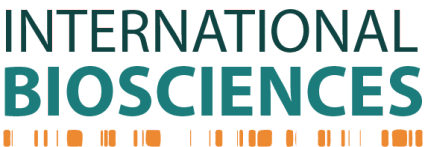Genetic Predisposition for Venous Thromboembolism
Venous Thromboembolism, which essentially describes a blood clot in a vein, is often referred to as simply ‘VTE’, although it is even more commonly known as one of the two major conditions it covers: namely, Deep Vein Thrombosis (DVT) and Pulmonary Embolism. In respect to deep vein thrombosis, the condition has received increased coverage in the media during recent years as it has been linked to a number of topical issues that affect everyday life, including air travel, office work and obesity. However, it is also worth noting that some people may have a genetic predisposition to venous thromboembolism. Indeed, genetic predisposition DNA testing for venous thromboembolism has uncovered various factors that suggest it is entirely possible to have a genetic predisposition to venous thromboembolism.
Specifically, DNA testing venous thromboembolism has shown that a genetic predisposition to VTE can be established by analysing mutations in the prothrombin, factor V, antithrombin III, protein C and protein S genes. However, it is worth remembering that a predisposition to the condition does not guarantee the occurrence of venous thromboembolism. Indeed, the most common factors affecting the onset of the condition do appear to be environmental in so far as cancer, obesity and heart disease are concerned. As such, people are advised to move around regularly and avoid long periods of sitting down in any one position – especially in offices or at altitude. Therefore, whilst DNA testing is useful for identifying those most at risk of suffering from the condition, it remains important to take the necessary precautions to avoid it.
For support and more information about venous thromboembolism, please visit the American Society of Clinical Oncology website.
Speak To International Biosciences About DNA Testing Genetic Predisposition for Venous Thromboembolism
International Biosciences provide Genetic Predisposition testing to determine your genetic predisposition for important health conditions including cancers, cardiovascular conditions, diabetes and obesity. Knowing which genetic disorders and diseases you are at risk from will allow you to plan to reduce it by making lifestyle changes such as diet and exercise. Contact International Biosciences on 1-800-837-1725 or click here to email us.
International Biosciences does not provide medical advice, diagnosis or treatment. You should consult your doctor or health professional if you have questions regarding any medical condition, before starting any new treatment, and before stopping any treatment that has been prescribed for you. Your use of this site indicates your agreement to be bound by the Genetic Predisposition Terms & Conditions, General Terms & Conditions and Terms of Use.




